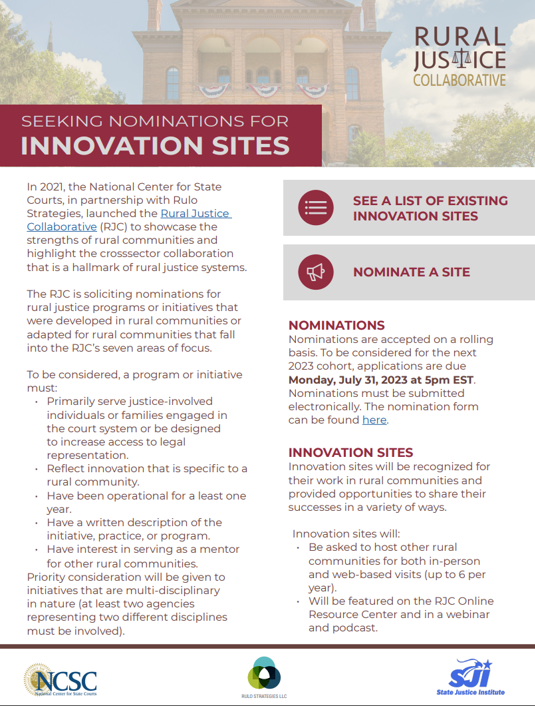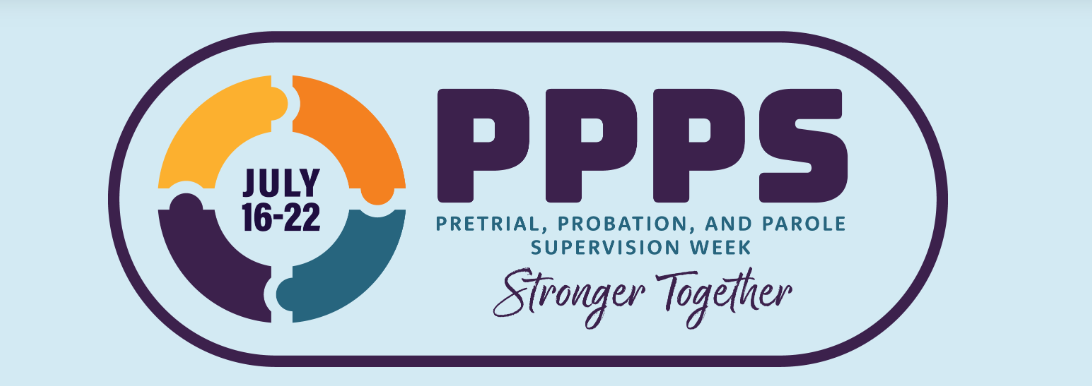Register now! Redesigning Legal Speaker Series: Exploring the Legal Tech Market on October 10th, 2023, at 1:00PM EST.
As part of (IAALS) Institute for the Advancement of the American Legal System‘s Redesigning Legal Speaker Series, on October 10th at 1:00PM EST, IAALS and its partners will explore how cutting-edge technology is shaping the future of law.
New technology is pushing the legal industry into the future faster than ever before. It will impact how lawyers practice, and how individuals and businesses will access legal services. These advancements can improve efficiency, reduce costs, and expand access to justice and legal services. However, they can also create new ethical concerns and the industry must remain on its toes to avoid unintended consequences.
This panel will feature Daniel Di Maria, Co-Founder and CRO at Spellbook, AI-powered legal automation and Bridget Mary McCormack, President & CEO, American Arbitration Association-International Centre for Dispute Resolution, whose conversation will be moderated by Damien Riehl, VP Solutions Champion.
Register here: Webinar Registration – Zoom




